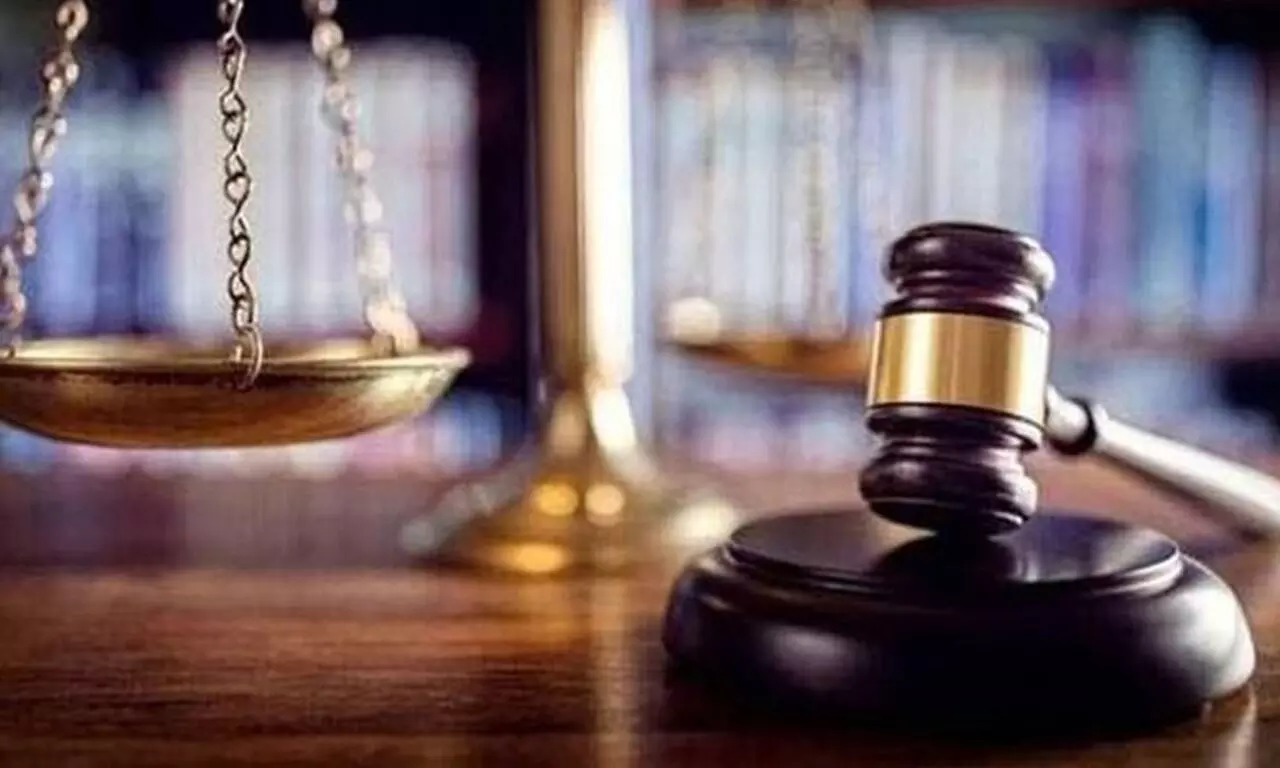12 fast-track special courts to be set up in Andhra Pradesh
Union Justice Minister Kiran Rijiju has said that 12 fast-track special courts have been set up in Andhra Pradesh

NEW DELHI: Union Justice Minister Kiran Rijiju has said that 12 fast-track special courts have been set up in Andhra Pradesh with an aim of solving rape cases and cases of child sexual abuse (POCSO) expeditiously.
The minister said, in a written reply to a question asked by YSRCP member V Vijaya Sai Reddy in Rajya Sabha on Thursday, that the Law Ministry decided to set up 1,023 fast-track special courts in the country under a Central Government-sponsored scheme to deal with rape and POCSO cases. Currently 728 fast-track special courts were functioning in the country. The minister further added that, although earlier it was stipulated that the tenure of fast-track special courts should be limited to one year, it had been decided to continue them till March 31, 2023.
A huge amount of Rs 1,572 crore would be spent on setting up fast-track courts. The minister said the central government's share in this sum was Rs.971 crore. The Center was allocating its share from the Nirbhaya funds. In June this year, more than one lakh cases had been resolved in all the fast-track special courts in the country. According to the report of the National Productivity Council, which evaluated the performance of fast-track courts, 17.64% were cases related to POCSO and necessary punishments were imposed on the accused.
The minister also stated that his ministry conducted monthly reviews and frequent video conferences with the Registrar-General of High Courts and state government officials through online monitoring system to make special courts work more efficiently.
Meanwhile, Minister Kiran Rijuju said that, there were six vacancies of judges that were yet to be filled in Andhra Pradesh High Court. The approved number of judges in the AP High Court was 37, while there were 24 judges appointed. He further added that the government had not received any recommendations from the High Court collegium regarding the vacancies of the remaining six judges. Filling the vacancies of High Court Judges was a continuous process with coordination between judiciary and administration.



